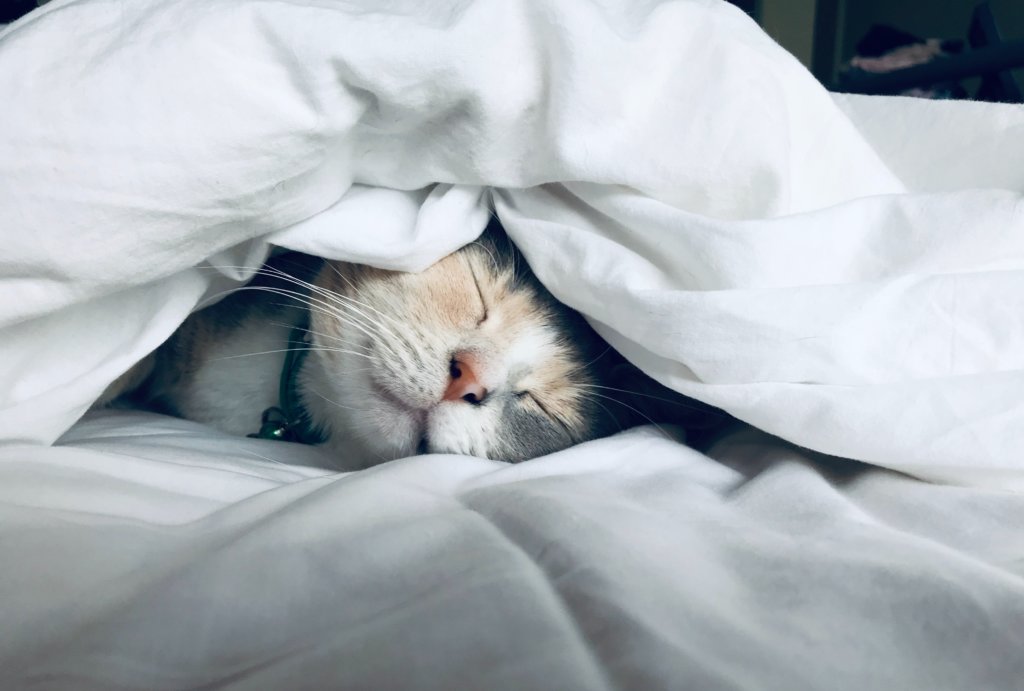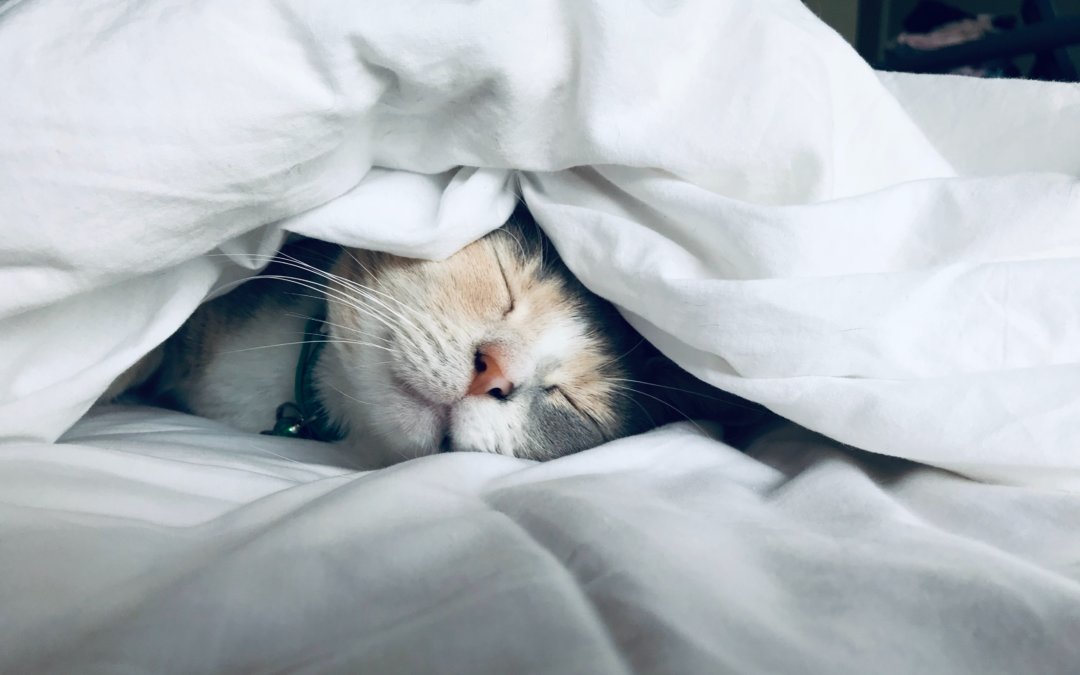
Imagine if you were told you could have a magic medicine, that if used correctly could increase your energy, heighten your memory, sharpen your cognitive function, improve your immunity and help you live a long healthy life? Imagine still, that every single human on the planet already took this daily prescription. Would you abuse it or use it to improve your life and longevity? We’re talking about sleep.
In the past, sleep appeared way down the pecking order in terms of how it contributed to our health; with exercise and nutrition often pipping it to the post. However, recent studies have revealed the significance of sleep and now many health professionals consider it the most important contributing factor to our overall wellbeing.
Short term, sleep issues affect concentration, emotions and decision making. However, long-term sleep issues can bring about significant dangers such as diabetes, heart disease, hormonal imbalances and depression.
Making small lifestyle changes can have a big impact on the quality of sleep you get. As well as looking at health daily habits, it’s crucial to look at your ‘sleep hygiene’ and how you wind down at the end of the day.
Go ‘screen-free’
As we become more and more dependent on our phones, tablets and TVs for entertainment, our sleep is suffering. The blue light emitted by screens affects the pineal gland, which makes melatonin, our sleep-regulating hormone. Aim to have at least one hour before bed to relax and unwind without looking at any screen. Turn off your phone, read a book, listen to peaceful music or write a journal. You could also consider blue-light blocking glasses to use in the evening to help limit exposure to specific light spectrums.
Watch what you drink
Caffeine (from coffee, black tea, colas, energy drinks, and chocolate) can continue to affect you six to eight hours after consuming it. It’s therefore important to give yourself a time limit on when to stop any caffeine-based drinks, usually by midday. Alcohol may help us fall asleep, but it can interfere and disrupt deep restorative sleep. Drinking alcohol in the evening also affects our blood sugar levels, where many can experience a sudden drop in levels around 3 am, causing them to wake. Herbal teas like chamomile, valerian and passionflower may have a sedative effect and make a soothing alternative.
Make time to wind down
Worries and negative thoughts can keep you tossing and turning and have a detrimental effect on sleep. Instead, try writing down what is on your mind to help prevent those stressed-out thoughts keeping you up at night. Meditation or mindfulness are also great tools and there are many online tools and apps to help with this too.
Get your sleep environment right
Invest in comfortable mattress and pillows. The bedroom should also be cool for optimal sleep. Cell phones, TV screens and even bright light from lamps can make it more challenging to fall asleep. So, it’s better to turn these off or, at least, down. Consider using sunrise alarm clocks, earplugs, “white noise” machines, humidifiers, fans and other devices that can make the bedroom more relaxing. Finally using essential oils such as lavender, can create a relaxing ambience.
Use natural light to regulate your sleep
Each cell in your body has a natural time-keeping clock known as your circadian rhythm. It affects your brain, hormones and other body systems helping you stay awake and telling your body when it’s time to sleep. By increasing bright light exposure during the day, this helps keep your circadian rhythm healthy. And that will give you more energy during the day as well as improve your sleep quality. The best light is in the morning so try to have at least 30 minutes of daylight each day.






